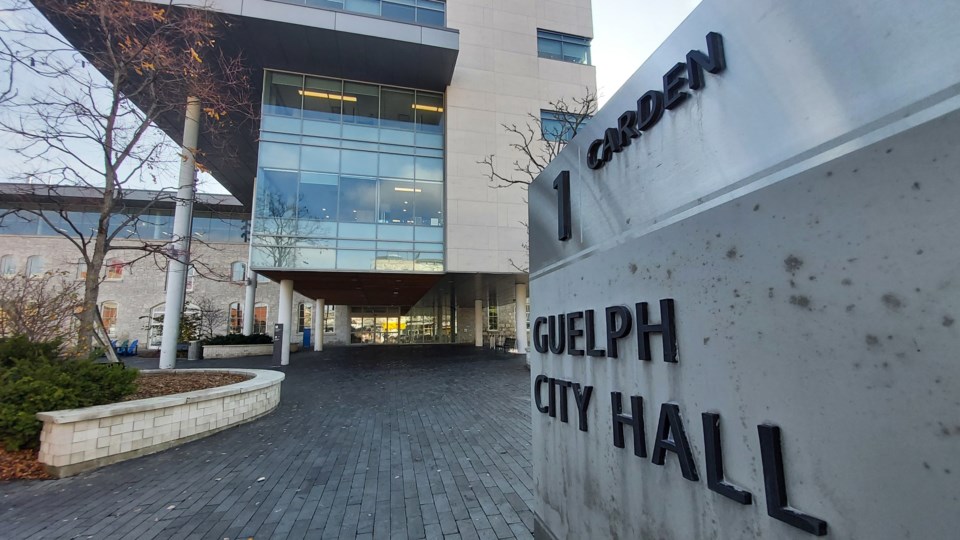City residents could see a 4.96 per cent property tax increase this year, down from the previously anticipated 5.17 per cent.
That’s what municipal staff propose as the 2023 budget update process gets underway.
City council will have the final say – something that’s currently slated to happen on Jan. 25.
For the average household, with an assessed property value of $406,000, this means a property tax bill of $4,392, which is $208 more than in 2022.
Posted to the city’s website Thursday, the proposed budget update brings a conclusion to the city’s first multi-year budget, approved in late 2021 to cover 2022 and 2023. An update is required for each year, essentially requiring council to re-adopt the financial plan following a review and endorsement of any changes.
Last year's tax increase was 4.21 per cent.
The draft update features a decrease in expected overall spending, to $506 million from $509 million.
That comes courtesy of a $469,000 reduction to the phasing-in of operational expenses for the planned South End Community Centre and new central library, nearly $1.26 million in new revenue and $594,831 from growth-related property value assessment increases, among other cost-saving measures.
In addition, the amount of money proposed to come out of reserve funds has been increased by nearly $1.7 million.
The proposed budget update also includes $2.4 million in cumulative new spending on items approved by council after the multi-year budget was passed.
Among them are salary increases for council, a home retrofit program aimed at reducing greenhouse gas emissions in the community, implementation of the new Municipal Accommodations Tax, transitioning responsibility for Guelph Farmers’ Market to 10C and the cost of implementing the provincial government’s More Homes For Everyone Act.
Additional changes to provincial legislation come with a nearly $2 million price tag for the city. That’s split nearly evenly between Bill 23, the Build More Homes Faster Act and increased pension requirements for municipal workers.
The impact of the housing bill is partially offset by the elimination of a $500,000 transfer to reserves intended to assist with affordable and/or supportive housing projects, which receive a variety of city fee reductions in light of the act.
City staff previously indicated the financial impact of Bill 23, which amends 18 pieces of provincial legislation with a stated goal of creating more housing, could be equal to a two per cent tax increase, as it provides reductions to development charges and parkland dedication fees.
The impact of implementing the two housing bills is now cited as being 0.28 per cent.
Earlier this week, Premier Doug Ford told reporters he doesn’t believe the loss revenue necessitates large property tax increases from municipalities.
“They are going to get more revenues when these homes are built and these buildings are built,” he said. “It is going to create more revenues up to the city coffers.”
Any revenue increases that result would likely be years away, as properties are typically re-assessed for their new use after purchase agreements have closed and the new owner is able to move in.
Council’s Jan. 25 meeting is set to begin at 9:30 a.m. People are able to attend council chambers at city hall in person, or view the meeting online at guelph.ca/live.
